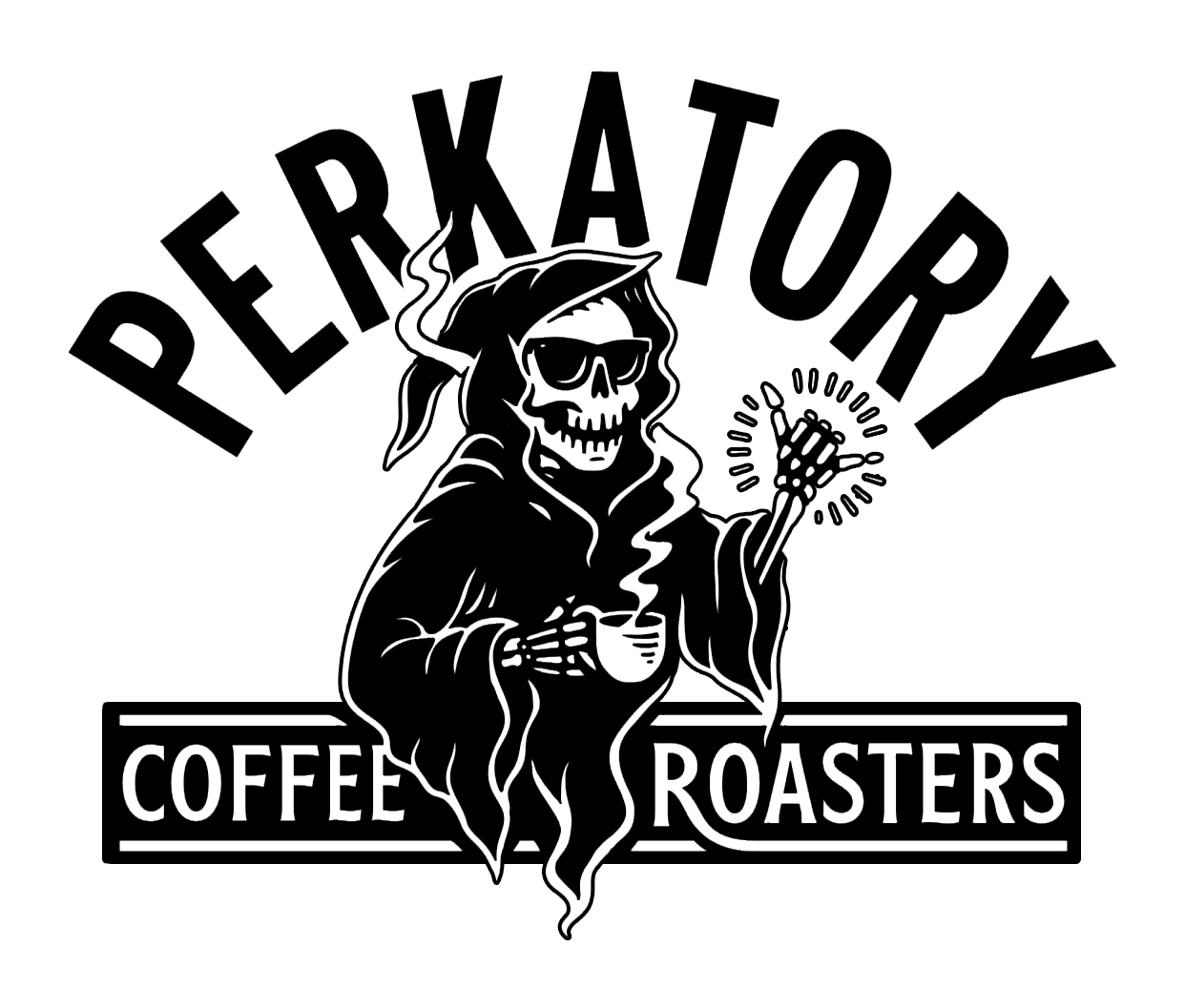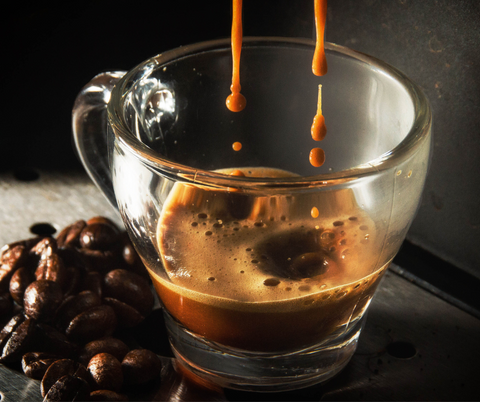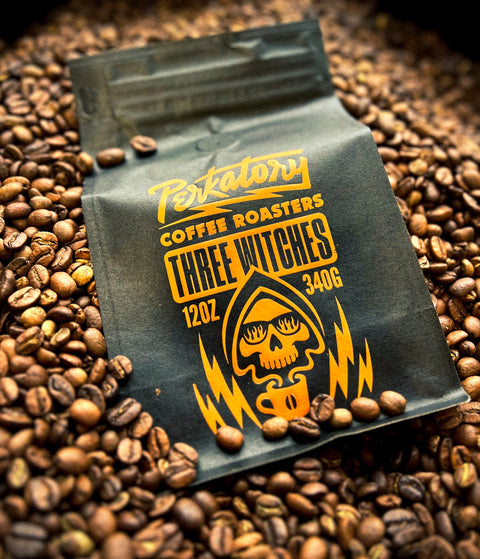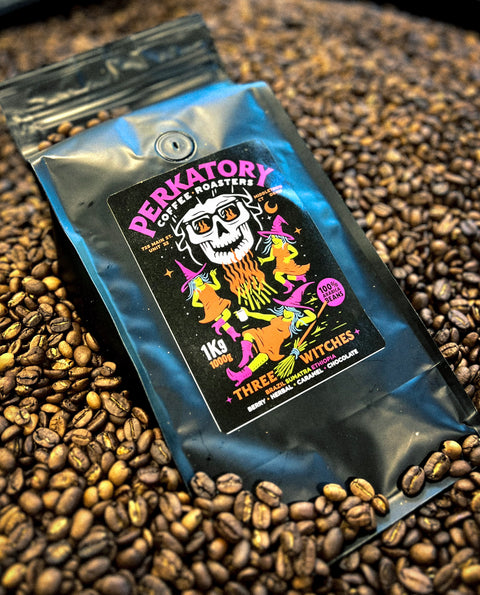You may have heard of espresso and coffee beans if you are a coffee lover. They may seem like two different types of beans, but they both come from the same plant - the Coffea Arabica or Coffea Robusta tree. So, what exactly is the difference between these two types of beans? Let's dive in and find out.
The Origin of Coffee Beans
Coffee originated in Ethiopia and then extended to the Arabian Peninsula, where it was first cultivated commercially. From there, coffee plants were brought to Europe in the 16th century by Venice traders, leading to the beverage's increasing popularity. Today, coffee is one of the world's most widely consumed beverages, with various coffee beans grown and harvested around the globe.
Understanding Espresso Beans
Espresso beans are specifically selected and roasted for use in espresso machines. These beans are typically darkly roasted to bring out their rich, bold flavors. They are also finely ground to create a concentrated shot of espresso, which is the foundation for many well-liked coffee drinks such as lattes and cappuccinos.
Understanding Coffee Beans
On the other hand, coffee beans refers to the general term for any bean that can be used to make coffee. These beans come in various roasts, from light to dark, with different flavors and aromas. Most coffee beans are coarsely ground and brewed in a drip coffee maker to make a traditional cup of coffee.
The Differences Between Espresso Beans and Coffee Beans
Now that we have defined both types of beans let's take a closer look at their differences:
- Roasting: Espresso beans are usually darkly roasted for a more intense flavor, while coffee beans can be found in various roasts.
- Grinding: Espresso beans are finely ground, while coffee beans are coarsely ground.
- Brewing Method: Espresso beans are brewed under high pressure to produce an intense shot of espresso. In contrast, coffee beans are traditionally brewed with hot water for longer to create a cup of coffee.
- Flavor: Espresso beans tend to have a bolder, more intense flavor, while coffee beans have a more comprehensive range of tastes and aromas depending on the type of bean and roast.
Which is Better?
This may seem like a subjective question, as it ultimately comes down to personal preference. However, some people argue that espresso beans are superior because they are specially selected and roasted for a more concentrated and flavorful shot of espresso. On the other hand, others say that coffee beans are better because they offer a more comprehensive range of flavors and can be enjoyed with different brewing methods. Ultimately, both types of beans have unique qualities and can be used to create mouthwatering cups of coffee.
Caffeine Content in Espresso vs Coffee Beans
One of the critical aspects that coffee enthusiasts often wonder about is the caffeine content in espresso vs coffee beans. It's a common misconception that espresso beans contain more caffeine because of their dark roast and intense flavor. In reality, the caffeine content in the beans doesn't change with the roasting process.
A standard serving of espresso has less caffeine (approximately 63 milligrams) than a serving of brewed coffee (approximately 95 milligrams), mainly due to the serving size. However, the catch is that espresso is more concentrated, and if you were to measure caffeine content per ounce, espresso would surpass coffee.
So, if you're looking for a quick jolt of energy, an espresso shot might be the way to go. However, if you prefer to sip your coffee slowly throughout the morning, a traditional cup of brewed coffee would deliver more caffeine overall. Remember, though, that the actual caffeine content can vary notably depending on the type of bean, the brew method, and the precise measurement of the coffee grounds.
It's also worth noting that regardless of your bean choice, both coffee and espresso have been linked to countless health benefits when consumed in moderation, including improved brain function, enhanced physical performance, and a decreased risk of certain diseases, thanks to their antioxidant properties and, of course, caffeine.
The Health Benefits: Espresso vs Coffee Beans
Regarding health benefits, espresso, and coffee beans have much to offer, thanks to their rich content of antioxidants and nutrients.
Health Benefits of Espresso Beans
Espressos, known for their concentrated nature, pack a variety of health benefits. They are rich in antioxidants like melanoidins, contributing to disease prevention and overall health. Due to the high-pressure brewing method, espressos retain more natural oils from the coffee beans, which are known to have anti-inflammatory properties. Moreover, a shot of espresso can aid in enhancing cognitive function and improving long-term memory and concentration levels. The caffeine in espresso can also boost metabolic rate and fat burning, contributing to weight management.
Health Benefits of Coffee Beans
Traditional coffee, brewed from various coffee beans, is also a powerhouse of health benefits. Coffee is rich in several powerful antioxidants, including hydrodynamic acids and polyphenols, which can help neutralize harmful free radicals and reduce inflammation. Regular coffee consumption may protect against type 2 diabetes, Parkinson's, and liver diseases. Like espresso, the caffeine in coffee can enhance brain function and metabolic rate. Furthermore, coffee, predominantly black, can be a low-calorie beverage choice.
Therefore, whether you prefer a quick espresso or a leisurely cup of coffee, both options can be beneficial additions to a balanced diet when consumed in moderation.
Conclusion
In conclusion, while espresso beans and coffee beans may come from the same plant, the two have distinct differences. From their roasting methods to brewing techniques and flavor profiles, each type of bean offers a unique coffee experience. So whether you prefer a strong shot of espresso or a classic cup of coffee, two kinds of beans have something unique to offer for every coffee lover out there. Now go forth and enjoy your next cup of joe with a newfound appreciation for the beans that make it all possible. So, next time you're at your local coffee shop, remember to try out both types of beans and see which one suits your taste buds best. Happy caffeinating!



